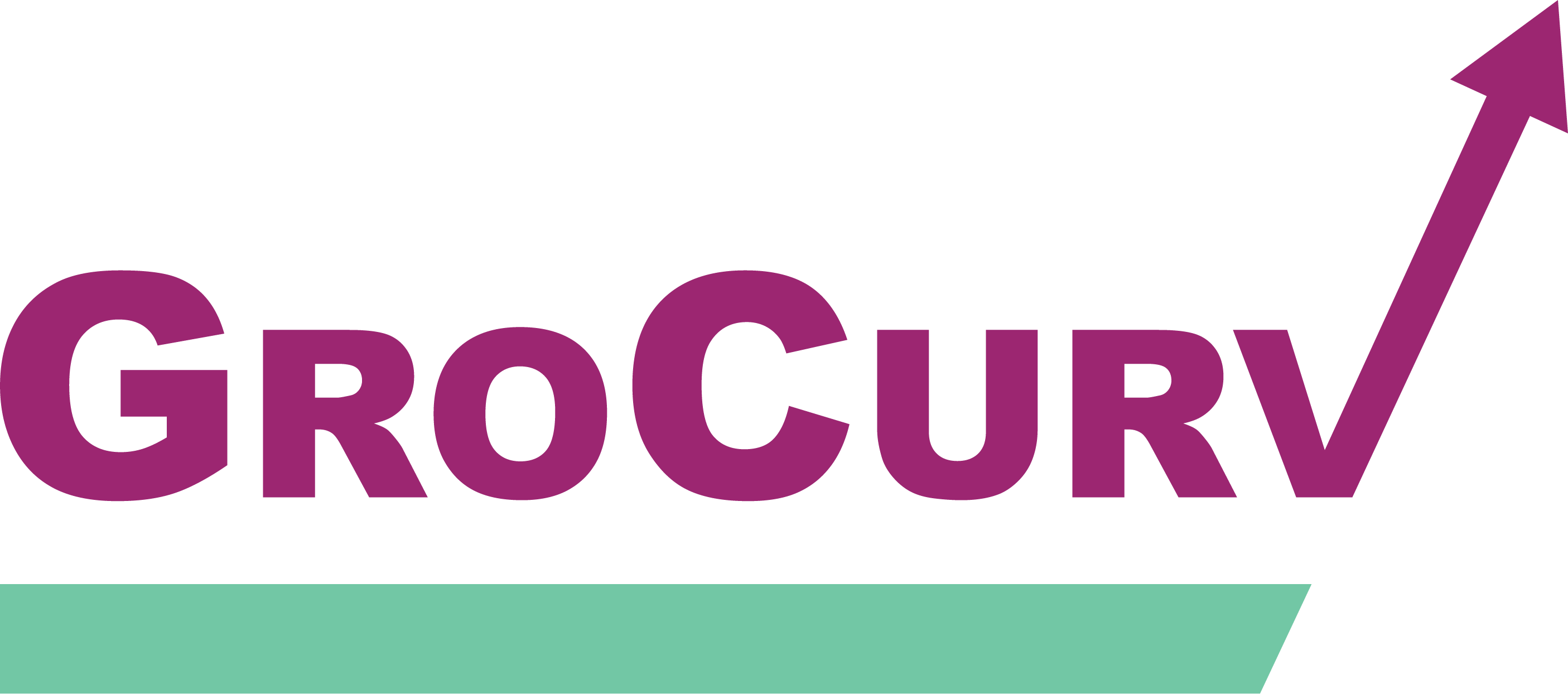CONTENT MARKETING: How to leverage it for strategic advantage.
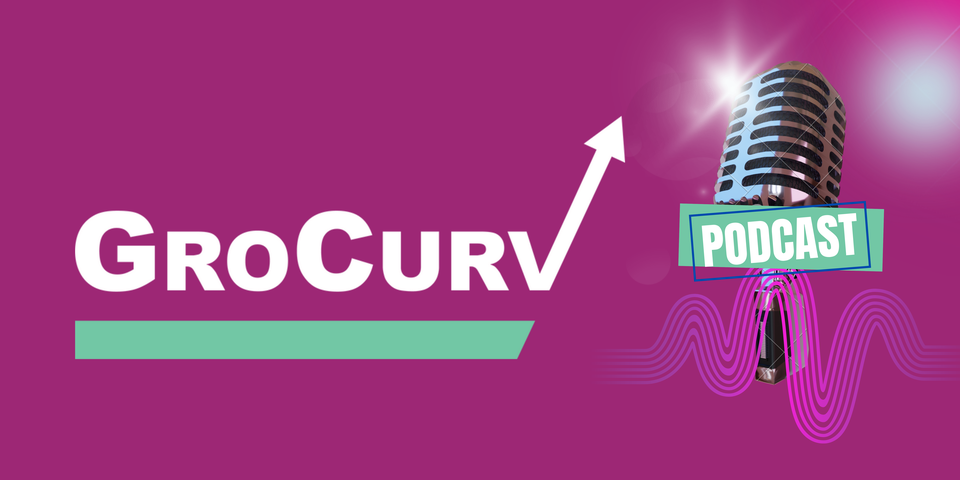
Welcome to GroCurv’s podcast on customer acquisition, called Right On Track. The discipline of focusing on the few things that matter.
As a marketplace for marketing services, GC enables young and fast growing brands to meet and work with the right agency partners.
In this series, we share learnings from hundreds of brands that have used GroCurv and its partner agencies to grow fast, profitably. Allowing you all to learn lessons on how to make the most of your marketing investment.
This week, we focus on Content Marketing- What it is, how it benefits your brand, how to think about it, how to go about it.
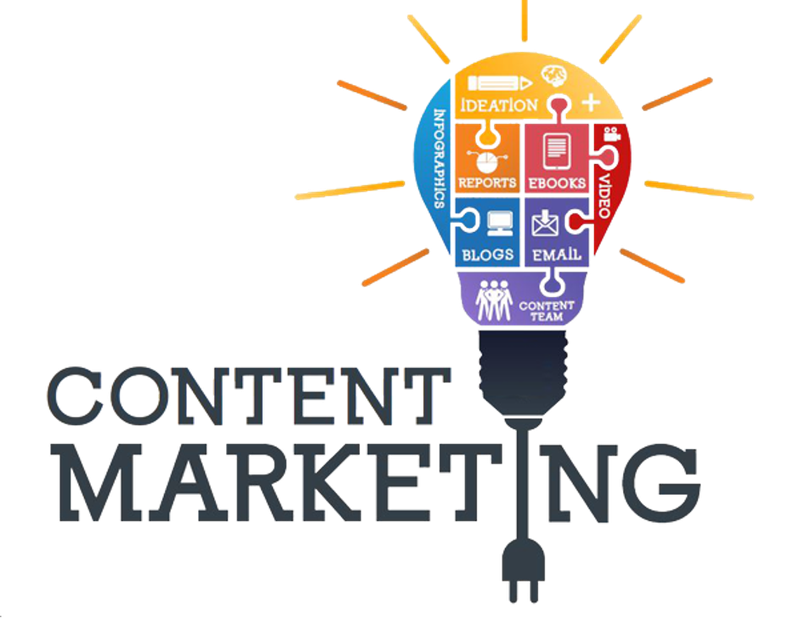
Lets start with a definition: The Content Marketing Institute says Content marketing is a strategic marketing approach focused on creating and distributing valuable, relevant, and consistent content to attract and retain a clearly defined audience — and, ultimately, to drive profitable customer action.
Nice.
The Oxford Dictionary has a more thought provoking definition:
Content Marketing is a type of marketing that involves the creation and sharing of online material (such as videos, blogs, and social media posts) that does not explicitly promote a brand but is intended to stimulate interest in its products or services.
Its not explicit, but implicit in its objective of making the purchase happen.
Whichever definition you prefer to go ahead with, creating relevant content- be it articles, videos, podcasts, social media posts/ blogs, infographics, white-papers is what we work towards in Content marketing. A friend recently argued that “silence” is also a brand making a statement, but let’s leave that aside for now.
Lets go deeper now. Why Is Content Marketing Important?
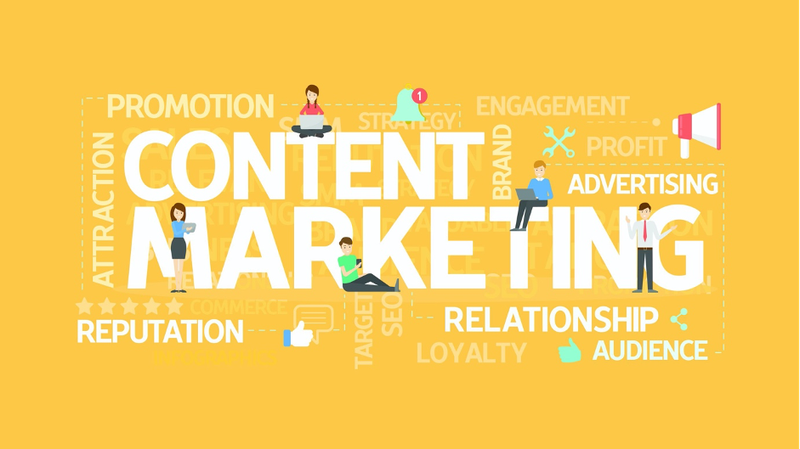
- Simply put, when done right, content marketing has a great ROI. And when developed thoughtfully, unlike other transient forms of digital marketing like PPC, content marketing can deliver for your business over the long-term.
- Good content generates a positive brand perception - Content helps your audience when it needs information. Good content allows the audience to trust you. A people tend to do business with brands they trust.
- Good content educates the market about your products and services. And about how you can solve their problems. Better than anyone else.
- Content Marketing can help your audience make decisions about purchase and if done right, in a trustworthy manner, it can move your audience through the entire buying journey.
- Besides this, content in social media has immense longevity, which means it can generate results and consumer connect for a long time. This also makes the content a company asset and mostly its value increases over time.
- If you offer relevant and usable content to your clients, you’ll keep them for more time on your base, and increase Life Time Value.
- The right content will give them confidence that your brand keeps thinking about how to help them solve their problems, even after they closed the deal.
So how do we go about building the right content?
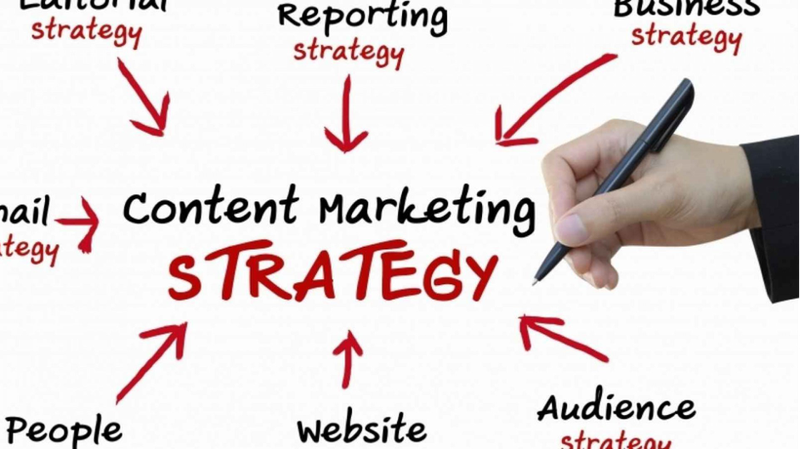
Define Your Audience The first step to any content marketing campaign is figuring out your target audience. The more you know about the, the more relevant can be your content. Finding keywords and writing blog posts loaded with keywords is an illustration of what NOT to do first up. Know your audience. What information that you can provide, will be relevant to the largest possible set of seekers.
What is your purpose of engaging with your audience? Awareness? Interest? Purchase?
Where do they seek? What content format do they prefer (videos/ podcasts/ text?).
Find an appropriate content developer: Its easier to create the right content strategy, but often brand owners are not the best content developers. Finding the right partner is priceless. Spend some time interviewing teams that have worked in similar industries, have shown the ability to understand the brand and audience; can create relevant content for extended periods of time. And there you have a good partner.
Develop a Content Marketing Plan:
Spend time on creating a roadmap. Its no point sharing the same information again and again. The audience evolves, their needs evolve. As an authority on the topic, the brand has to help the customer on a journey- where they also continuously learn from the brand. Today it may be awareness of a new category your brand has launched. Tomorrow it could be about how to choose the right product from your portfolio. Or how to choose among a competing set of products. Or about new products you are introducing.
The Content Marketing plan is a journey you wish to take customers through in order for them to know about your brand and make the right choices for the products they purchase. ( and sometimes the right choice for them may not be your brand!)
- Create a style
This is a powerful question to ponder. Do you want to work in a style that suits your customer’s information gathering process. A tonality and language they understand? Or do you prefer to be authentic and put out there your style of writing, even if it alienates some part of your audience.
The style is permanent, or at least stays a long time and cannot be changed frequently. Hence thinking about the style is important right up front as you start to create a personality for the content you are creating.
Hint: A unique personality coming through the content, coupled with unique content itself is a very powerful way to build customer affinity for your brand.
- Promote:
A young brand often does not have a large following and therefore the content you put out may not initially find an audience. Promoting the content in the right mediums (PR/ social media) would not be a bad idea in order for you to get traction. However start small with these spends. And then expand the spends as you feel confident about the content meeting the needs of the audience you are promoting to. Which brings us to the next point- measure your connectivity quotient.
- Measure
The Connectivity Quotient of your content is a measure of how well your audience has taken to the content you provide. Often this is measured by “reshares”/ “likes”/ comments on your posts/ time spent on your content pages/ and eventually the customer taking actions that lead them to purchase. These are metrics easily available on every platform you use to share and promote your content. It is important your content partner is aware of this and can use this information to guide the content strategy better.
- Collaborate:
Its sometimes a good idea to collaborate with other brands. This can help both brands lean on each other’s customers; often helping you find new audiences.
Some content creators could partner with your brand for financial benefits/ or for barter/ exchange of content. In each case it is important to evaluate that the content partner is helping with the right content and the right style in order to amplify your outreach and not dampen it.
Conclusion:
Content is a very powerful way for a brand to engage, educate and entertain its audience. These are the three pillars on which long term brand associations are built with the audience. In order to know more about how to use Content Marketing to build differentiation for your brand, visit us on www.GroCurv.com.
